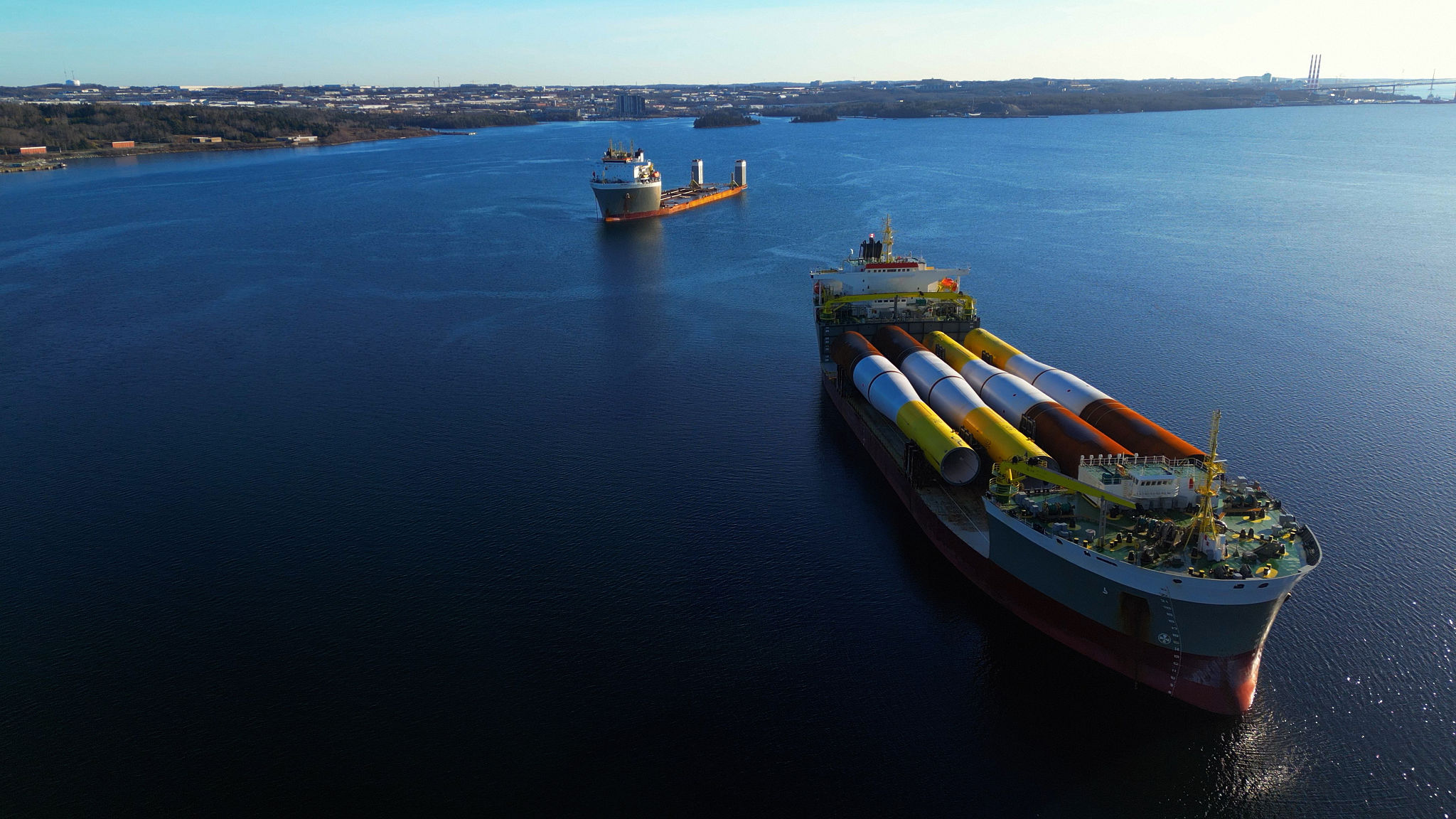Harnessing AI for Maritime Safety: A Comprehensive Guide
The maritime industry is embracing new technologies to enhance safety and efficiency. Among these innovations, Artificial Intelligence (AI) stands out as a transformative force, revolutionizing how maritime safety is managed. From navigation to emergency response, AI is poised to reshape the future of maritime operations.
One of the primary applications of AI in maritime safety is in predictive maintenance. By analyzing data from various sensors on ships, AI can predict equipment failures before they occur. This proactive approach helps in reducing downtime and preventing potential accidents.

Enhancing Navigation
AI technologies are enhancing navigation systems, making them more accurate and reliable. Through machine learning algorithms, AI can process vast amounts of data from GPS, radar, and other sources to provide real-time insights. This aids in optimizing routes, reducing fuel consumption, and avoiding hazardous areas.
Furthermore, AI-powered systems can automatically adjust a ship's course to evade obstacles or bad weather, significantly minimizing risks. These advancements are particularly valuable in congested waterways where human error can lead to catastrophic consequences.

Improving Communication and Decision-Making
Effective communication is crucial in maritime operations. AI-driven communication tools facilitate seamless interaction between crew members and shore-based teams. By interpreting data and generating actionable insights, AI supports decision-making processes, ensuring quick and informed responses to emergencies.
Incorporating AI into communication systems also enhances coordination during rescues and emergencies. Automated alerts and detailed situational reports enable faster and more effective responses, potentially saving lives.

AI in Monitoring and Surveillance
AI is instrumental in monitoring and surveillance systems, offering enhanced security at sea. By integrating AI with cameras and sensors, ships can detect anomalies and unauthorized access in real time. This capability is vital in preventing piracy and ensuring the safety of cargo and crew.
Moreover, AI helps in monitoring environmental conditions, such as sea state and weather patterns, providing valuable data for safe navigation and environmental protection.
Challenges and Future Prospects
Despite its potential, the integration of AI in maritime safety faces challenges, including data privacy concerns and the need for substantial investments in technology. Furthermore, training personnel to effectively use AI systems is crucial for maximizing their benefits.
Looking ahead, the maritime industry is expected to further embrace AI, driven by continuous advancements and decreasing technology costs. Collaboration between stakeholders will be key in addressing challenges and unlocking the full potential of AI for maritime safety.

